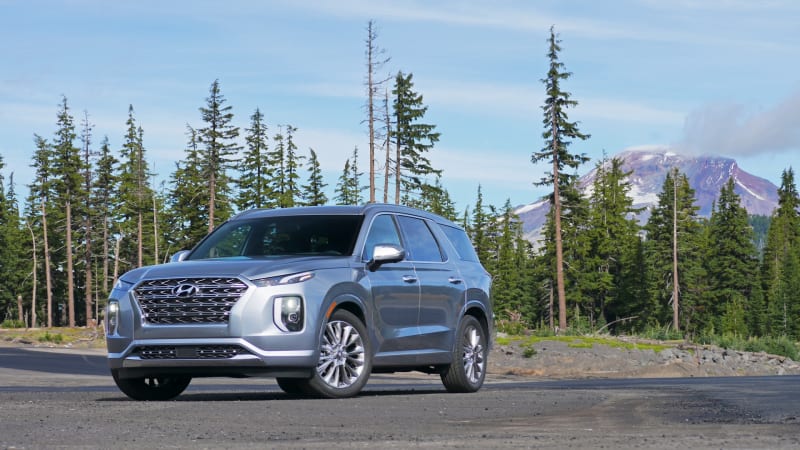May’s U.S. auto sales trends show promise for reopening
https://ift.tt/2Mkxw2y

DETROIT — Multiple automakers are reporting strong U.S. sales rebounds in May as localities began easing pandemic retail restrictions, lending credence to previous assertions from within the U.S. manufacturing industry that inventories will need shoring up as customers return to showrooms.
Hyundai’s overall U.S. sales in May fell 13%, but that was significantly better than the 33% industry decline Cox Automotive had forecast. Hyundai cited a 5% increase in retail sales. Volume at luxury subsidiary Genesis fell in line with industry projections, showing a 31% decline. Both were noteworthy rebounds over April numbers.
As in April, sales of Hyundai’s compact Tucson crossover remained resilient, and fresh sales of the new Palisade three-row (which was not yet on sale last May) helped buoy the brand’s results.
Toyota said overall U.S. sales fell about 26% in May, but retail demand rebounded to 86% of levels in May 2019, exceeding the company’s forecasts. Retail sales almost doubled from April to May, a spokesman said.
Mazda, which has been struggling to find its footing over the past two years, rebounded to just a 1-percent decline in May thanks in large part to the addition of the new CX-30 crossover to the lineup. Its volumes made up for declines in all other models save for the Miata and CX-9.
While not all automakers reported monthly sales in April, those that did indicated their worst declines since the global economic recession began to take hold in 2008 and 2009.
No. 1 U.S. automaker General Motors said it will keep building vehicles at most of its U.S. plants “to meet strengthening customer demand,” instead of taking a traditional two-week summer shutdown starting June 29, GM spokesman Jim Cain said.
“Our share has been increasing and we want to be able to carry that momentum through to the other side of the pandemic,” he said.
Half of Ford Motor Co’s eight U.S. assembly plants have reduced their shutdowns to one week. Others are shifting their breaks to later in the year.
Domestic automakers expressed concern earlier in May that inventories may be too thin to satisfy rebounding demand, especially when it comes to hot models such as full-size trucks. This is in stark contrast to late 2019, when production was threatening to outpace demand and inventories swelled.
The University of Michigan’s Surveys of Consumers, closely followed by the auto sector, showed that 64% of those polled in May said it was a good time to buy a car. That was up from 57% in April and the highest level since December. Those saying times were bad or the future was uncertain fell to 28% from 38% the prior month.
(Reporting by Reuters contributed to this story)
Related Video:
Auto Blog
via Autoblog https://ift.tt/1afPJWx
June 2, 2020 at 04:25PM